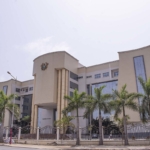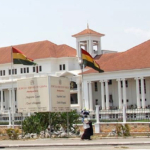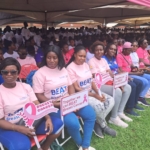
The untimely death of young women from breast cancer in Ghana is a devastating reality that affects many families and communities.
According to Global Cancer Observatory data on Ghana, there were 5,025 new cases in 2022, representing 18.4% of all cancers diagnosed in the country. Sadly, 2,369 women died, accounting for 13.2% of all cancer deaths.
Other studies suggest that the majority of women with breast cancer in Ghana are under 50, with some cases reported in women as young as 20 years old.
This trend is attributed to various factors, including limited awareness, late diagnosis, and inadequate access to healthcare services.
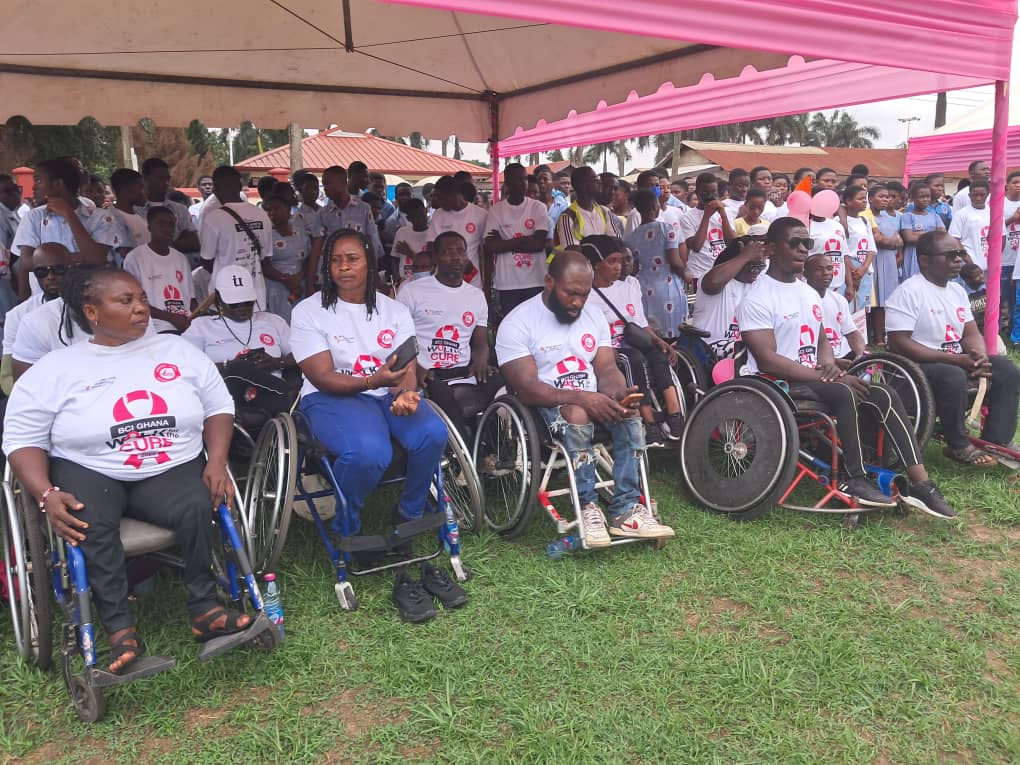
At an event held at the Manhyia Palace to celebrate Breast Cancer Day, with the theme “A Cure Worth Fighting For,” Dr. Beatrice Wiafe Addai, President of Breast Care International, emphasised, “Enough of the gone too soon. Enough of the untimely death.”
Dr. Wiafe Addai stressed that no woman should die from breast cancer due to poverty, and that families and communities should show love and support to victims of the disease.
She further emphasised that breast cancer is not just a woman’s issue, but a community problem, stating, “Let’s not see breast cancer as a woman’s issue. It is our problem, it is a community problem.”
Dr. Wiafe Addai also highlighted the importance of early detection and treatment, noting that many breast cancer victims could become survivors if they receive adequate support for treatment.
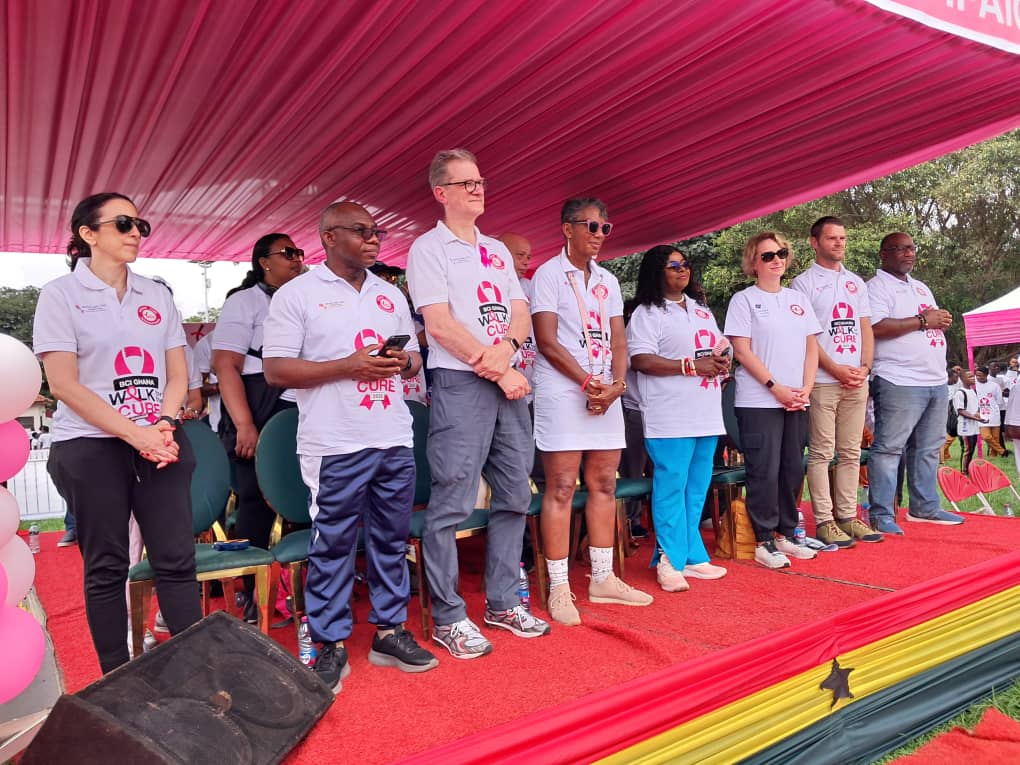
The event, which began with a 5-km walk through the streets of Kumasi, drew 30,000 people, including students from senior high schools, breast cancer survivors, healthcare workers, market women, cancer experts, and the general public.
Dr. Wiafe Addai urged the public not to delay seeking medical attention, warning that the disease becomes difficult to cure when it spreads to other parts of the body.
A professor of radiology at the University of Pennsylvania, Andrew Maidment, emphasized that the solution to breast cancer lies with the public, not just medical professionals.
He stressed that individuals have the power to make a difference in the fight against breast cancer.
“The solution to breast cancer has to come from Ghana, and it has come from the schools,” Maidment said. “The public is the one who can make that change, not just me or the people on the stage.”
Drawing from his experience, Prof Maidment shared, “When I was a Lance Corporal in the army cadet, and I had the opportunity to touch the lives of millions of women who have survived.”
He encouraged participants to think about how they can also make a positive impact and protect the lives of women from breast cancer.

